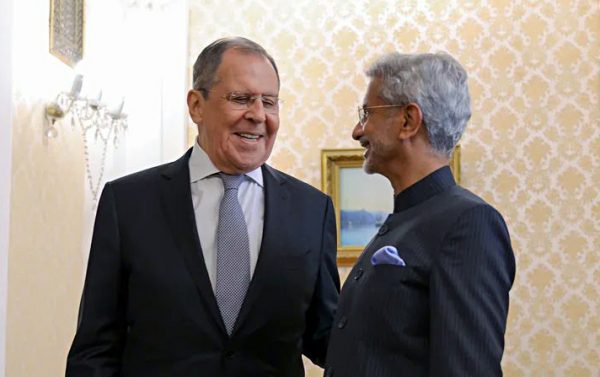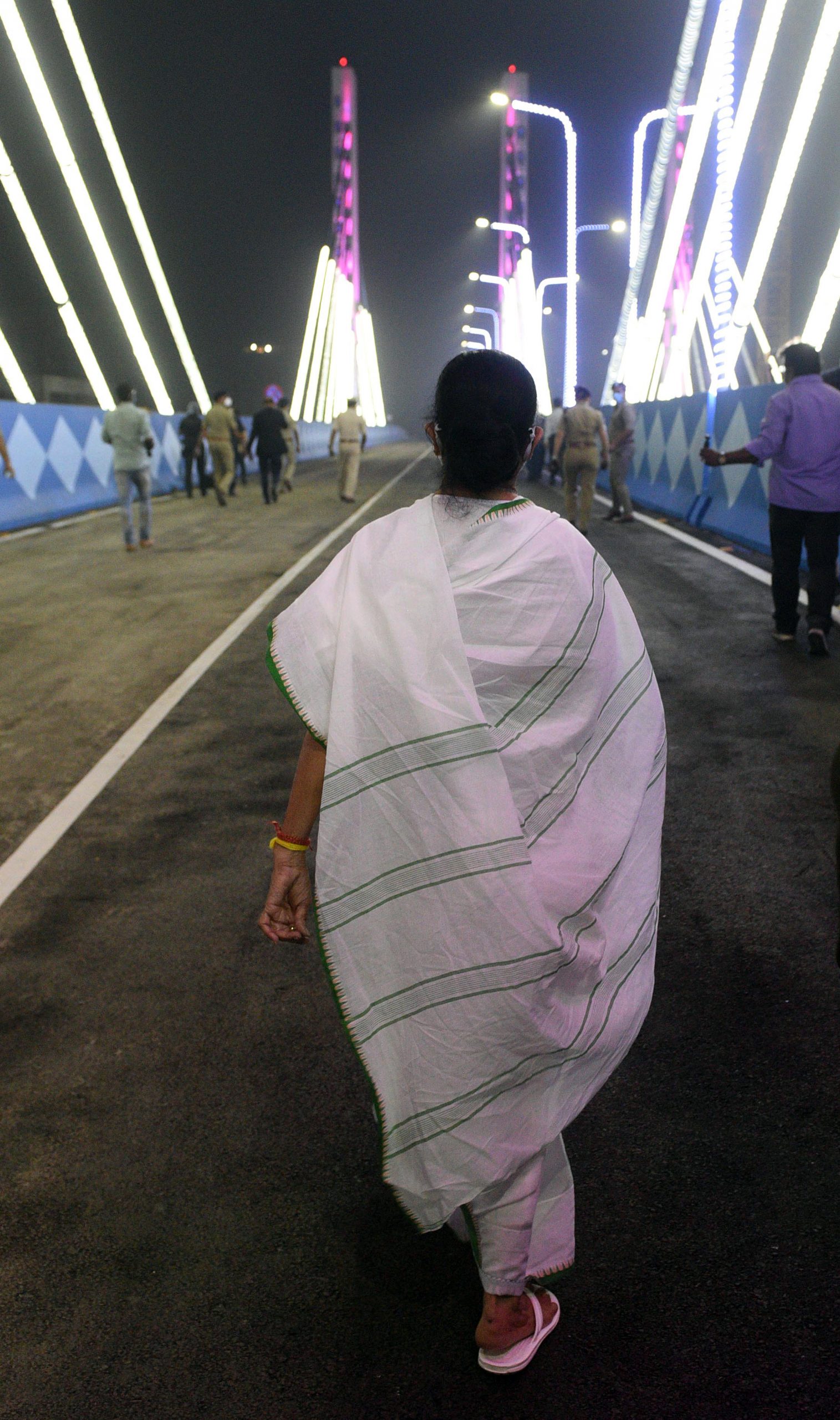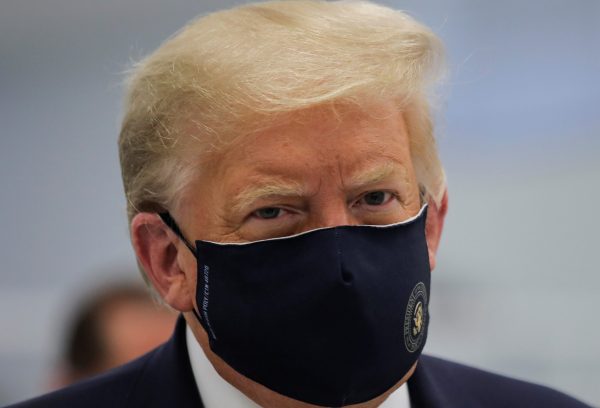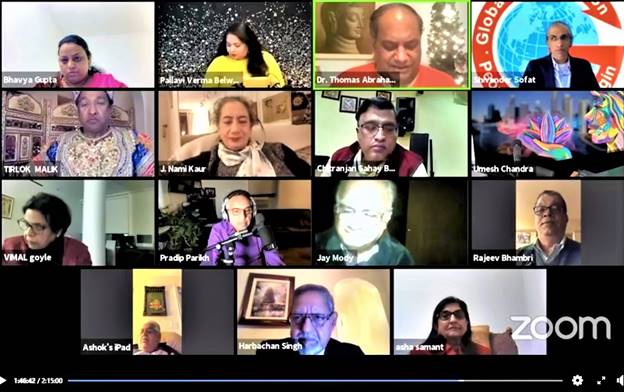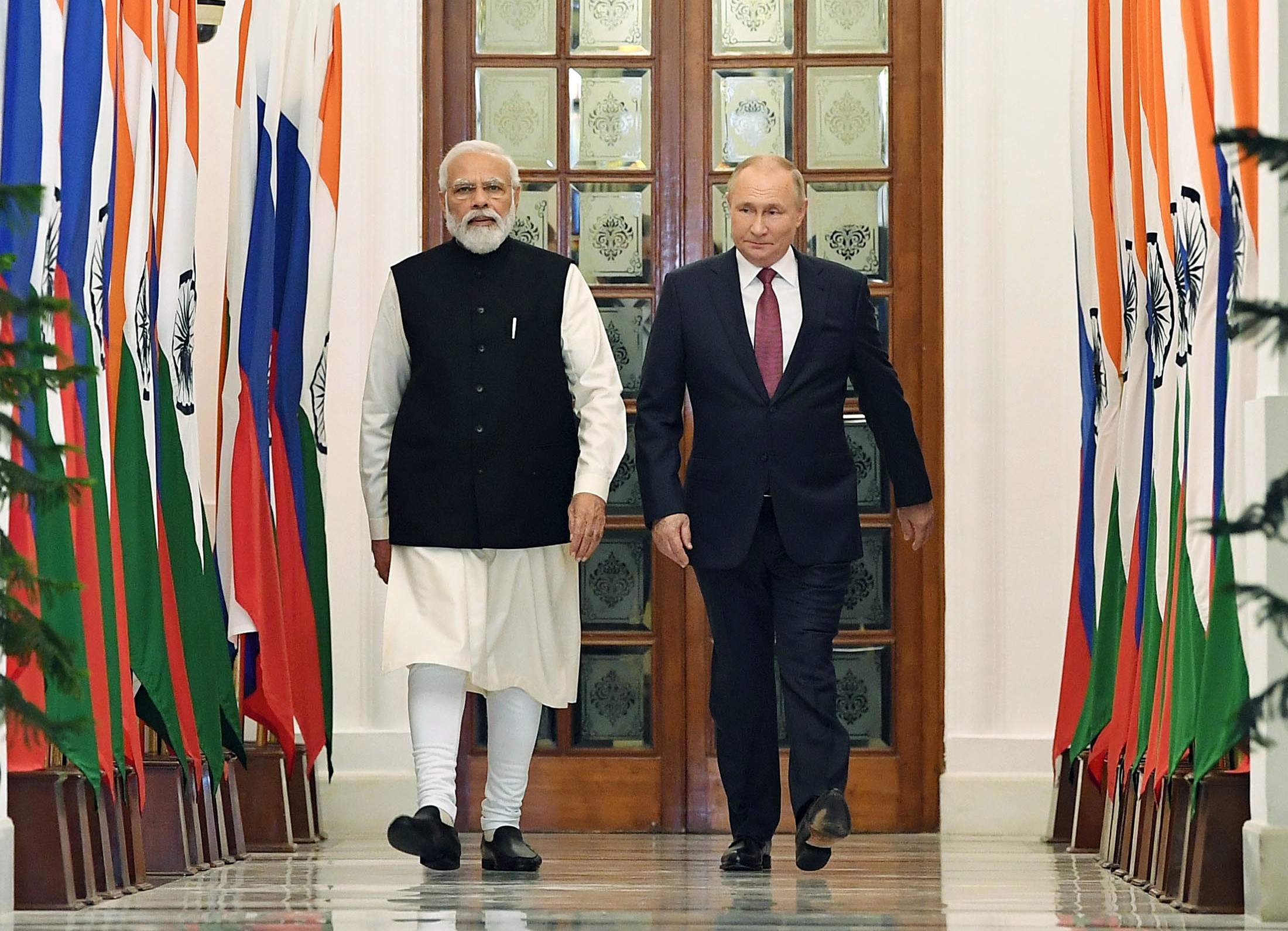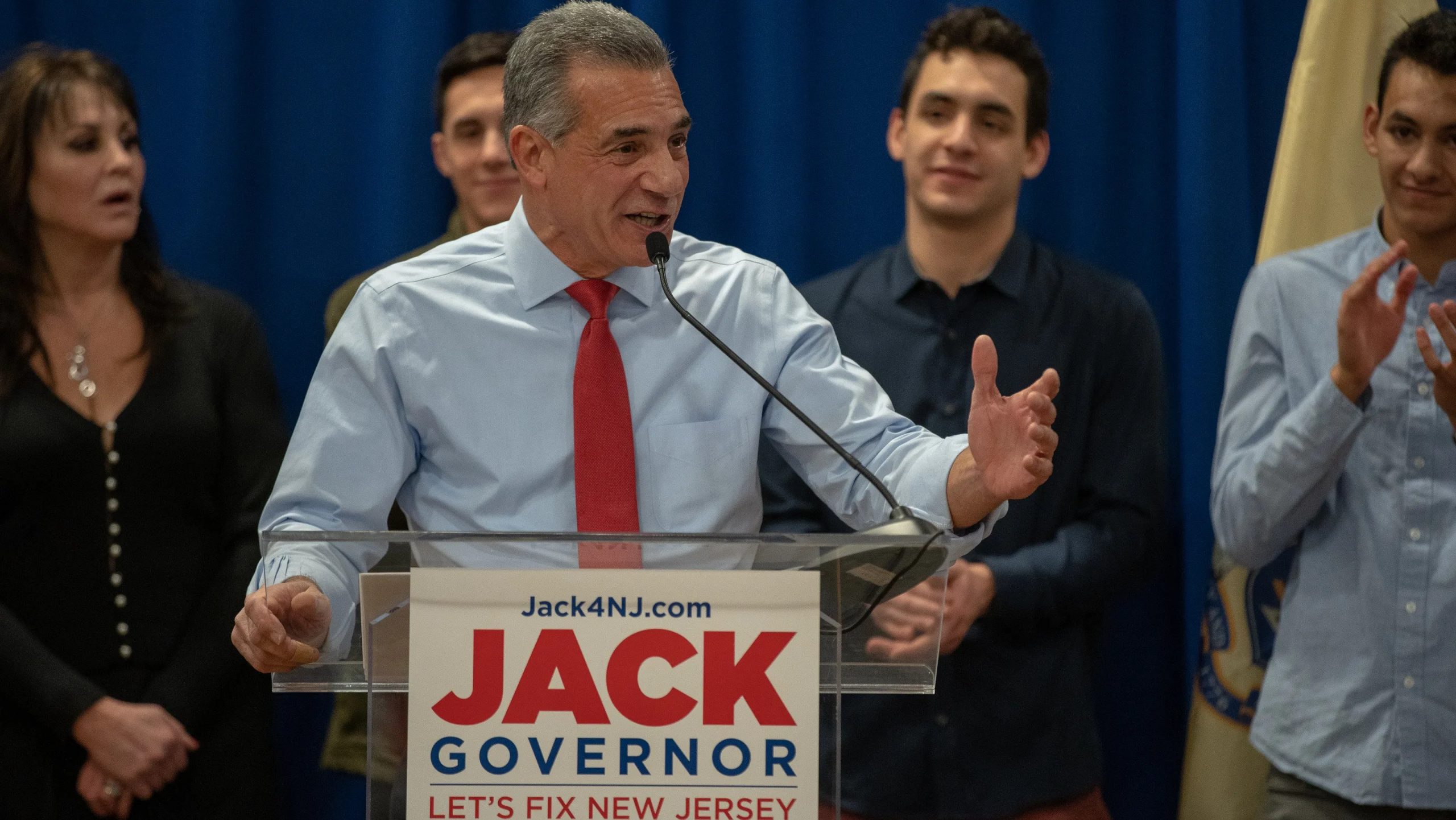India and Russia’s divergent outlooks appear to stem from the latter’s rejection of the Indo-Pacific construct in favour of Asia-Pacific
Rajorshi Roy
Russian Foreign Minister Sergei Lavrov’s recent uncharacteristic statement of “India being an object of the Western countries persistent, aggressive and devious policy” to “engage in anti-China games by promoting Indo-Pacific strategies” has reignited the debate on India and Russia’s increasingly divergent outlook on the Indo-Pacific. Lavrov at the 2020 Raisinia Dialogue had expressed confidence of India “being smart enough to understand” the Western “trap” of the Indo-Pacific and “not get into it”.
The tone, tenor and timing of Lavrov’s December 2020 statement insinuates Russia’s apprehensions of a fundamental shift in India’s foreign policy playbook which traditionally has placed a premium on strategic autonomy, with Russia as one of its key pillars.
These developments have the potential to cast a shadow on India-Russia bilateral ties. The pertinent question is whether New Delhi and Moscow can find common ground in the evolving geo-strategic construct.
India and Russia’s divergent outlooks appear to stem from the latter’s rejection of the Indo-Pacific construct in favour of Asia-Pacific. This is predicated on Kremlin’s assertion that the Indo-Pacific is primarily a US-led initiative designed to contain China and Russia.
Russia has viewed attempts to formulate a new rules-based Indo-Pacific order as a Western strategy to override international law, thereby circumventing the United Nations Security Council (UNSC) where Russia holds veto power.
Russia’s Indo-Pacific opposition is also based on its perception that it undermines the Association of Southeast Asian Nations (ASEAN) centrality, an organisation with which Russia has intensified its engagement.4 Russia also holds that the construct is limited in its geographical scope as it excludes Africa and the Persian Gulf, regions where Russia has increased its strategic footprints in recent times. Seeing no tangible gains from this redefined construct, Russia continues to emphasise on the Asia-Pacific.
The Indo-Pacific stakeholders’ strategy appears predicated on putting diplomatic pressure on Beijing to strengthen the foundations of peaceful co-existence. The strategy, however, may not necessarily be China specific. Moreover, majority of stakeholders view expansion of the Indo-Pacific’s frontiers to the east-coast of Africa and ASEAN centrality as intrinsic to the construct.
Russia’s vocal opposition of Indo-Pacific appears tactically linked to its necessity of an entente with China. With Beijing’s support being critical to overcome Western pressure on its policies, the Kremlin as quid pro quo appears to increasingly back China in its core areas of strategic concern by doing the diplomatic heavy-lifting.
The Indo-Pacific, on the other hand, can likely be one of Russia’s tools to stay relevant on the global stage. Today, an increasingly bipolar US-China global narrative runs the risk of leaving Russia in its trail, given Moscow’s relative decline. This necessitates Russia adopting independent positions in one of the world’s most dynamic regions to project the image of a pole in global affairs.
Being China’s junior partner undermines Kremlin’s great power ambitions. Russia, therefore, likely stands to gain from the multipolarity and multilateralism that the Indo-Pacific seeks to promote. A strategic repositioning could not only help Russia overcome Western attempts to isolate it but also broaden the horizons of its pivot to Asia beyond China.
However, it is likely that India will continue its independent course of action anchored in multi-alignment. Russia remains India’s traditional partner and a pillar of India’s strategic autonomy. The challenge will likely be to convince Russia of India’s long-term independent Indo-Pacific vision.
It is, therefore, essential to continue to strive for congruence. What can possibly bridge the gap are both nations’ similar but as yet parallel visions of a stable security architecture and shared concerns over hegemonism. As India’s External Affairs Minister Dr. S. Jaishankar had stated in 2019, “Russia is a Pacific Power which has Indian Ocean interests” while “India is an Indian Ocean power with very strong and growing Pacific interest”.
The litmus test of this traditional partnership will be to harmonise each other’s viewpoints, to the extent possible, and ride out the storm. Perhaps, a logistics sharing pact, long in the offing, could provide the much-needed momentum.
Rajorshi Roy is Research Analyst at the Manohar Parrikar Institute for Defence Studies and Analyses, New Delhi.
Views expressed are of the author and do not necessarily reflect the views of the Manohar Parrikar IDSA or of the Government of India.
This is the abridged version of the article which appeared first in the Comment section of the website (www.idsa.in) of Manohar Parrikar Institute for Defense Studies and Analyses, New Delhi on February 4, 2021
















